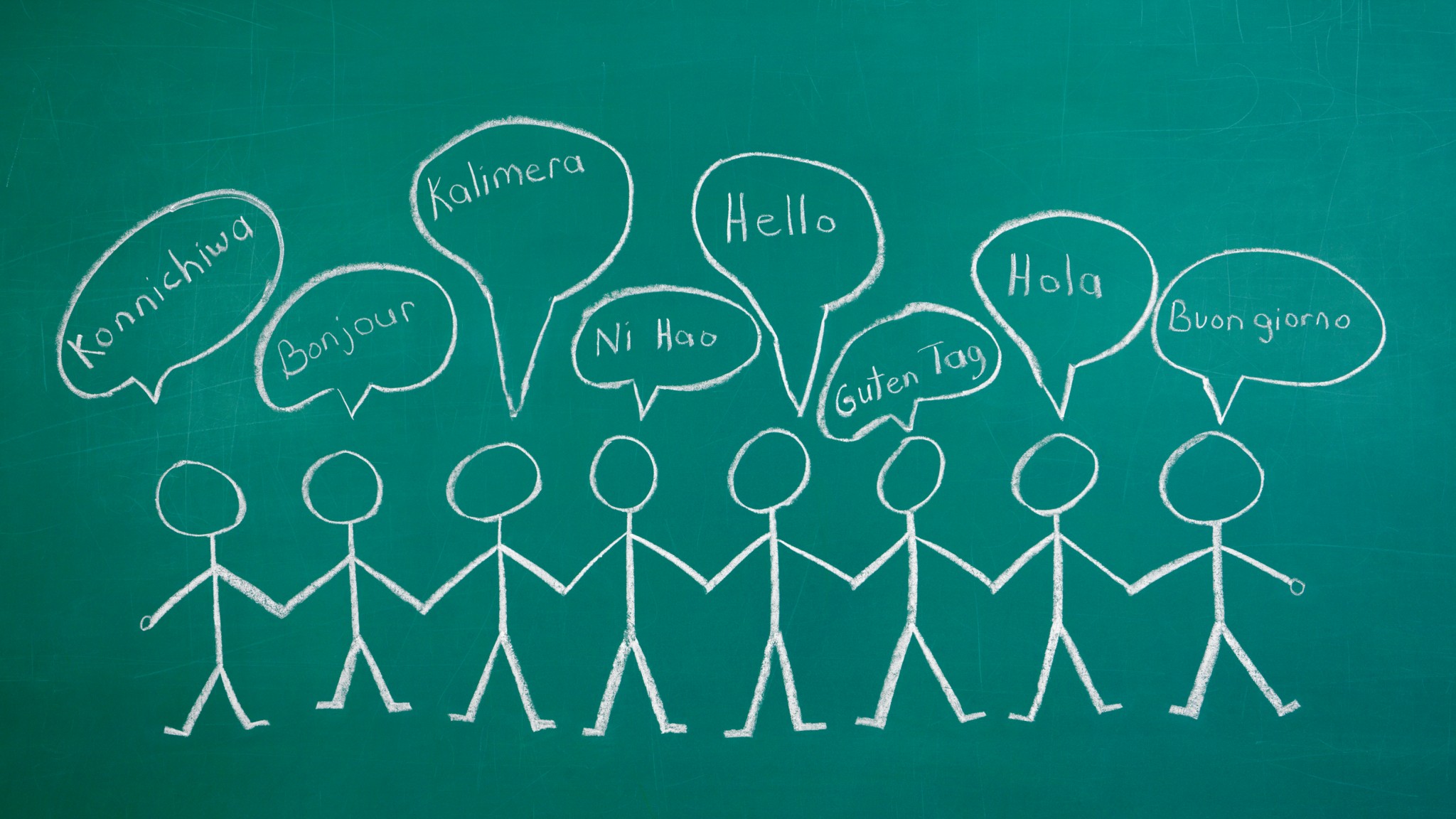It is believed that one of the most effective ways to deal with this problem is complete immersion in the language environment filipino to english. The ideal option is to spend some time in the country of the language being studied. Usually, when traveling abroad, a person prefers to go with a friend or family member. If your fellow traveler knows the language better than you, the trip will not bring you absolutely no benefit. Why try to understand what you are being told, or speak for yourself if you have an interpreter?
Thus, you will relax and not learn anything, but the main thing is practice. Therefore, it is likely that a better option is to go alone or with someone whose language level is lower than yours. Go on a tour, ask questions, go to the store and talk to the salesperson in the weather. Provoke such situations, do not let yourself be silent!
If you do not have the opportunity to go abroad, visit the conversation club meetings. As a rule, such events are attended by people who just want to chat, and they will gladly help you join the conversation, and will never laugh at you.
Another kind of “language barrier” is the complication of an already complex thought. Those. before you say anything out loud, you come up with a beautiful sentence in Russian, and then you try to translate it, and in the middle you realize that you don’t know how to say it at all. It is precisely that phrase in Russian that sticks tightly in your head, you sort through synonyms, but nothing sensible comes out. Even if you do not know a single word, you will definitely “hang” at this moment, leading an internal dialogue, but in fact you are just silent.
What to do with it? The simpler the better. There is no need to decorate your speech with turns, especially if your language level is low. Express yourself in simple sentences. Not every student of a fairly high level can build a sentence in his head, stuffed with various temporary constructions and phrasal verbs, this requires a lot of experience and practice. But speaking fluently using simple grammar and vocabulary is a good start.
The habit of learning “in the Soviet way”, i.e. first putting everything on the shelves, and then trying to reproduce it orally (usually by learning by heart), often leads to a “language barrier”. Is that how you learned your native language? Children at the age of 2-3 years first learn to speak, repeating after their parents, then they learn letters, and later, when they go to school, they begin to learn grammar and rules.
This habit needs to be weaned, and if you are faced with such a problem, you should attend modern linguistic courses arabic to english based on a communicative technique. This technique is aimed primarily at acquiring the skill of using speech structures. It may seem unusual for students of the “old school”, but in this case, stereotypes need to be broken.
Often, students “keep” in their head the phrase (or most of it) that they want to say, but do not say a word out loud, because they are afraid to make a mistake. No need to worry about every inaccuracy, because. in a real dialogue (especially if the language is not native to both interlocutors), everyone makes mistakes, but they will understand you in any case, even if by key words.
If you are talking to a native speaker, don’t think about what he will think of you, because he understands that you are in the process of learning. If you are in a lesson, you do not need to be shy of your comrades and, moreover, the teacher, because mistakes are an integral part of the learning process. Allow yourself to be wrong!
The “language barrier” can and should be eliminated, you only need to
understand the reasons for its occurrence specifically for you
find motivation to overcome it (goal, interest)
provide yourself with all the necessary resources (video, audio – materials, vocabulary, availability of language practice, professional assistance)
Fear and insecurity are what actually hinder learning. The better you speak, the more confident you become in yourself and your abilities. After a while, after you have started working on yourself, look back and remember how you spoke before. Knowing how far you have progressed is always a pleasure, and, moreover, it motivates you and adds interest to learning.
Praise yourself, reward for your work. You do hard work and you succeed. Think positive! After all, this is the only way to achieve a good result. Each new attempt is both a path to conquering the language and a road to confidence. “Language barrier” is not such a terrible problem as it seems. Those who really want to solve it are looking for opportunities, and those who do not want to look for reasons. The main thing to remember is that overcoming the “language barrier” depends mainly on you!
